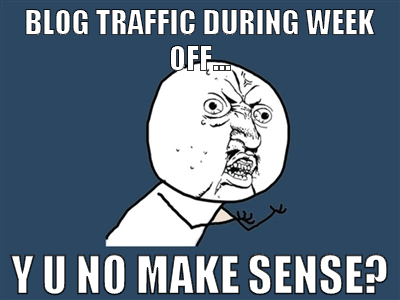Is brought to you by guitar legend Carlos Santana:
“This law is not correct. It’s a cruel law, actually, This is about fear. Stop shucking and jiving. People are afraid we’re going to steal your job. No we aren’t. You’re not going to change sheets and clean toilets. I would invite all Latin people to do nothing for about two weeks so you can see who really, really is running the economy. Who cleans the sheets? Who cleans the toilets? Who babysits? I am here to give voice to the invisible.”
It’s not so much what he said, it’s more where he said it – at an Atlanta Braves baseball game commemorating the civil rights movement. In front of a crowd of thousands, Mr. Santana had the courage and poise to call out not only Major League Baseball, but the fans sitting in the bleachers, for turning a blind eye toward racism happening right now and choosing instead to pat themselves on the back for how tolerant they’ve been.
He had more:
“Most people at this point they are either afraid to really say what needs to be said, this is the United States the land of the free. If people want the immigration law to keep passing in every state then everybody should get out and just leave the American Indians here. This is about Civil Rights.”
He then proceeded to shred the guitar so hard that all the women in the audience became pregnant [citation needed].
While I don’t usually care about the political positions of celebrities, I am impressed with what it takes to stand up in front of thousands of people and point out their complicit hypocrisy. It helps that he’s right, too.
Like this article? Follow me on Twitter!

